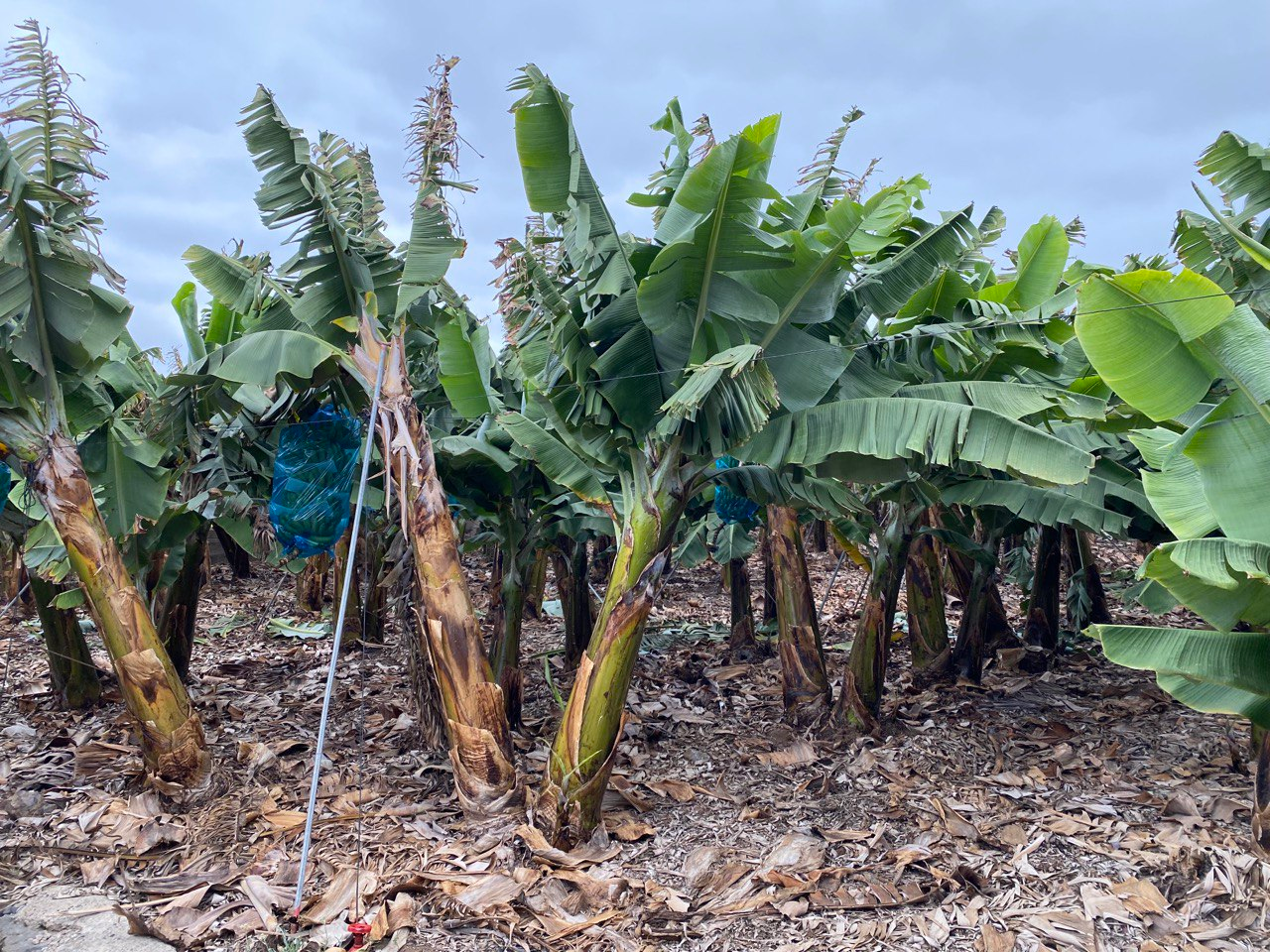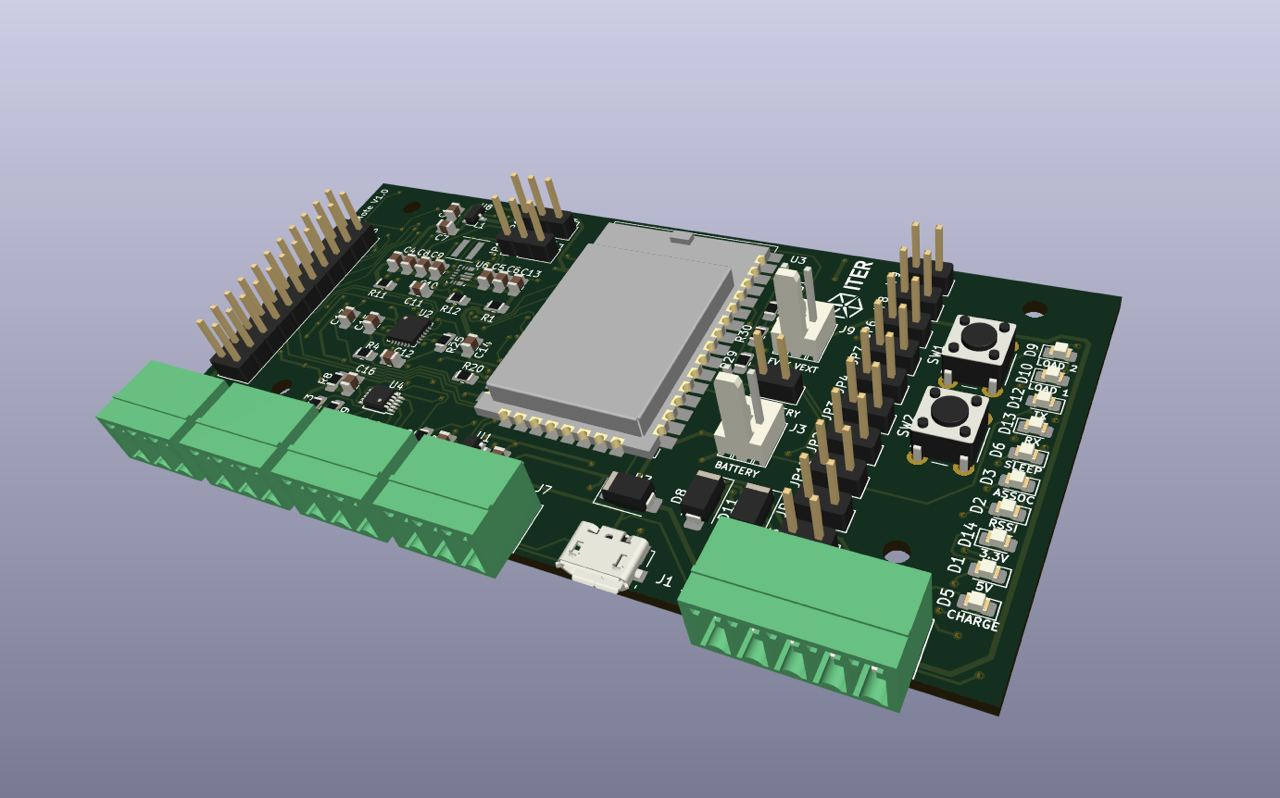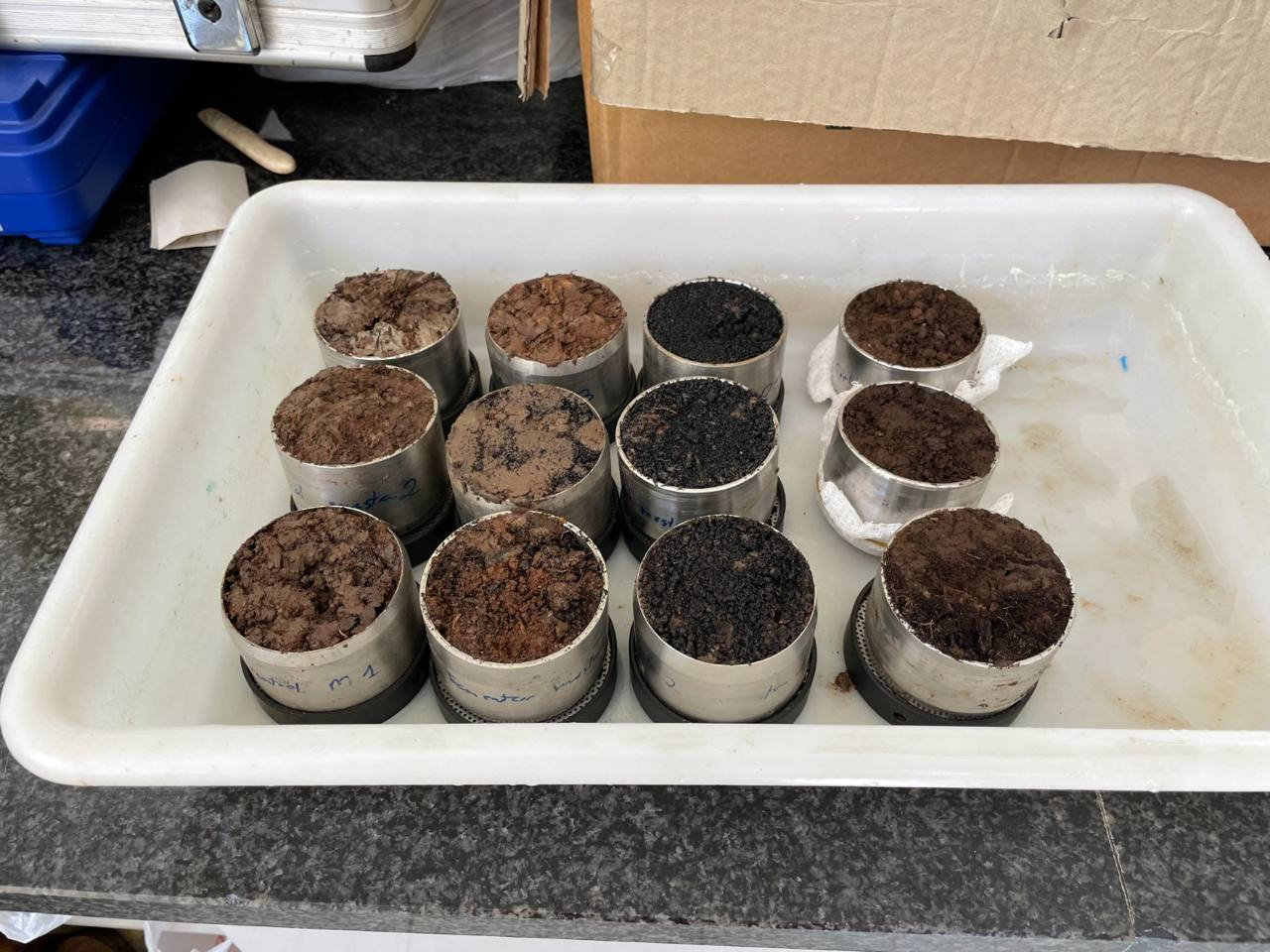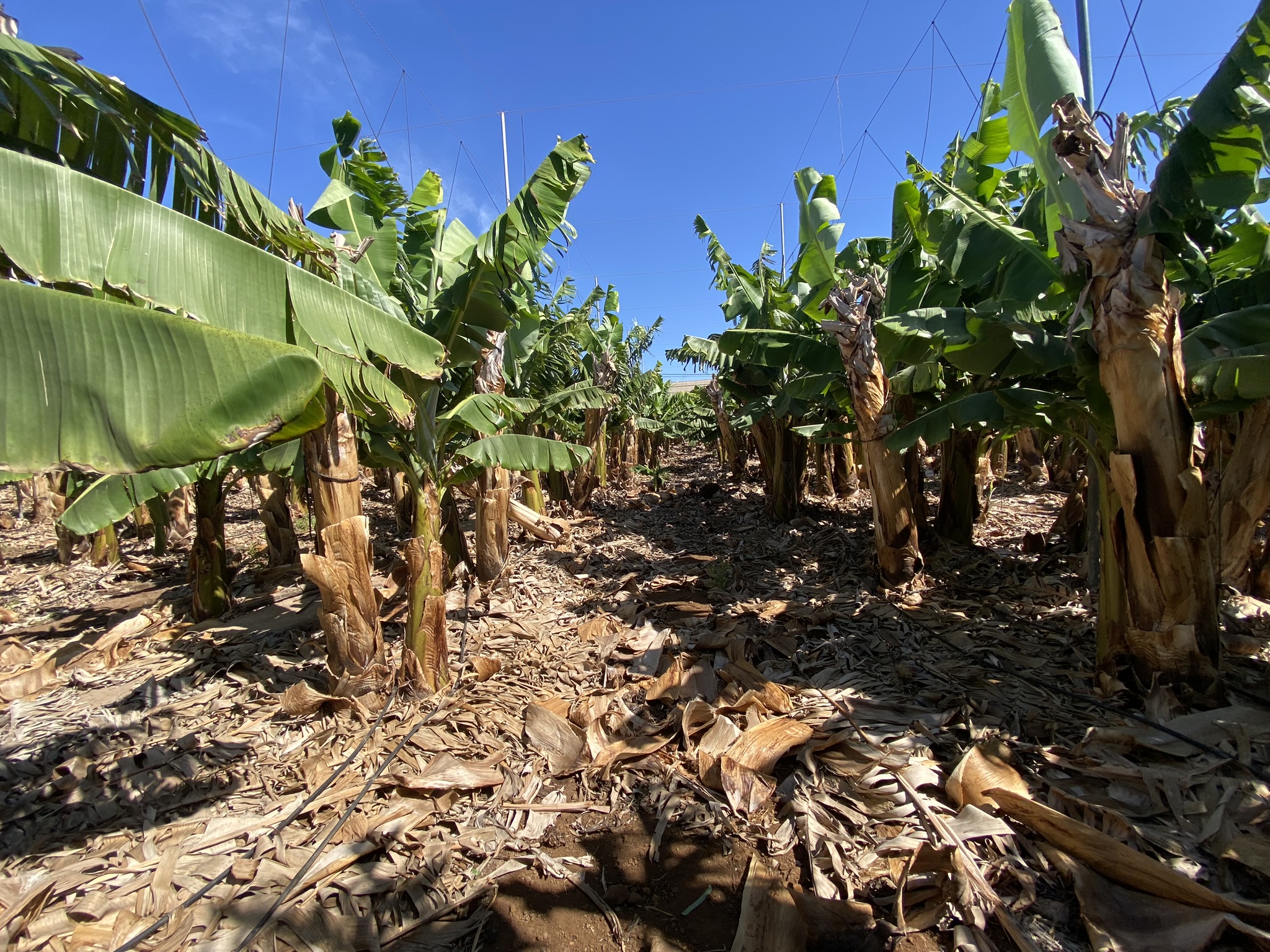The REGADIA project, executed by ITER, ICIA and ULL in collaboration with the Cabildo de Tenerife, aims to generate a tool that contributes to the optimization of water resources in banana and avocado crops through the use of enabling technologies such as IoT, Big Data, remote sensing and AI.
In the Canary Islands, the agricultural sector is one of the most important in the regional economy, but water scarcity and reduced rainfall in recent years has generated great concern in the region. The REGADIA project is working to generate a tool that contributes to the optimization of water resources in agriculture. Through the use of enabling technologies such as IoT, Big Data, remote sensing and AI, it will allow the creation of a more efficient and sustainable agricultural sector.
With an average annual consumption of 11,430 m3/ha, banana cultivation is the crop with the highest water demand in Tenerife and represents 60% of the island’s agricultural water consumption. On the other hand, avocado cultivation, which requires a high-water input, has been growing exponentially in recent years. For this reason, the REGADIA project focuses on the optimization of water resources in the cultivation of these two species, which are the crops with the highest water consumption in the Canary Islands.

Image 1. – Land plot of one of the farms that form part of the study.
The consortium, formed by the Institute of Technology and Renewable Energies (ITER), the Instituto Canario de Investigaciones Agrarias (ICIA) and the University of La Laguna (ULL), in collaboration with the Cabildo de Tenerife, intends with this project to generate an island monitoring network that covers the most important areas where banana and avocado crops are grown. Visualizations will be generated to make informed decisions on irrigation of the farms under study and, in addition, the data collected from each of the farms will be used to train predictive irrigation models, which will allow forecasting the water supply needs of the crops in a 7-day horizon.
In these first months since the project started, ITER´s technicians, thanks to the support of the Irrigation Office of the Cabildo de Tenerife, have visited several banana and avocado farms to evaluate the characteristics of the plots where the water meters and humidity sensors will be installed. The monitoring of the humidity in the soil by means of tensiometers and capacitive sensors combined with the collection of data on the water supply to the soil will make it possible in the coming months to know the current status of each of the locations under study.

Image 2. – Tensionmeter installed in a banana farm.
ITER is also working on the development of the electronic devices that will be installed in the field to collect the data from the sensors and to send these data to a cloud storage service that will be installed and available in the ITER supercomputer (Teide-HPC) for its later exploitation within the framework of the project.
In parallel, ICIA has begun to analyse soil samples from representative farms, with the aim of characterizing the water retention capacity and thus provide valuable information to the predictive models.

Image 3 – Soil samples under analysis for soil characterisation.
In the coming months, once a sufficiently representative data set is available, work will begin on predictive irrigation models using artificial intelligence (AI) techniques. These will be fundamental for the optimization of water use in two of the predominant crops in local agriculture on the islands, as they will allow the precise prediction of crop water needs based on different variables such as soil moisture, crop stage and weather conditions.
In conclusion, the REGADIA project is a valuable initiative for the optimization of irrigation water use, enabling a more efficient management of this resource in agriculture, and its success can have a significant impact on the regional economy and the environmental sustainability of the island.
The REGADIA project (PLEC2022-009444), coordinated by the Robotics Unit of ITER, will last 36 months and is funded by the Ministry of Science and Innovation and the State Research Agency (10.13039/501100011033) and by the European Union in the framework of the EU Recovery Plan Next Generation EU and the Spanish Recovery, Transformation and Resilience Plan (PRTR).


